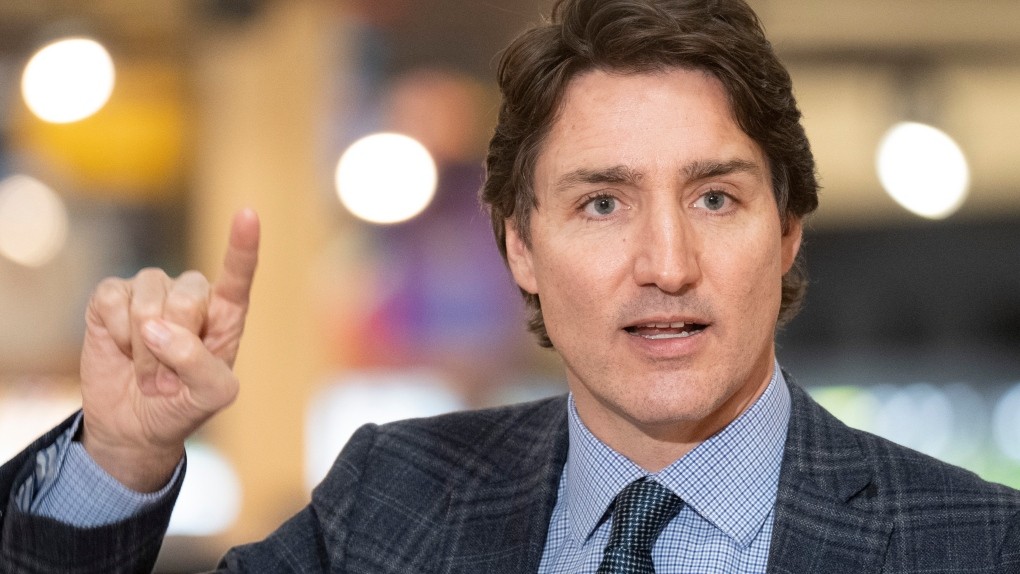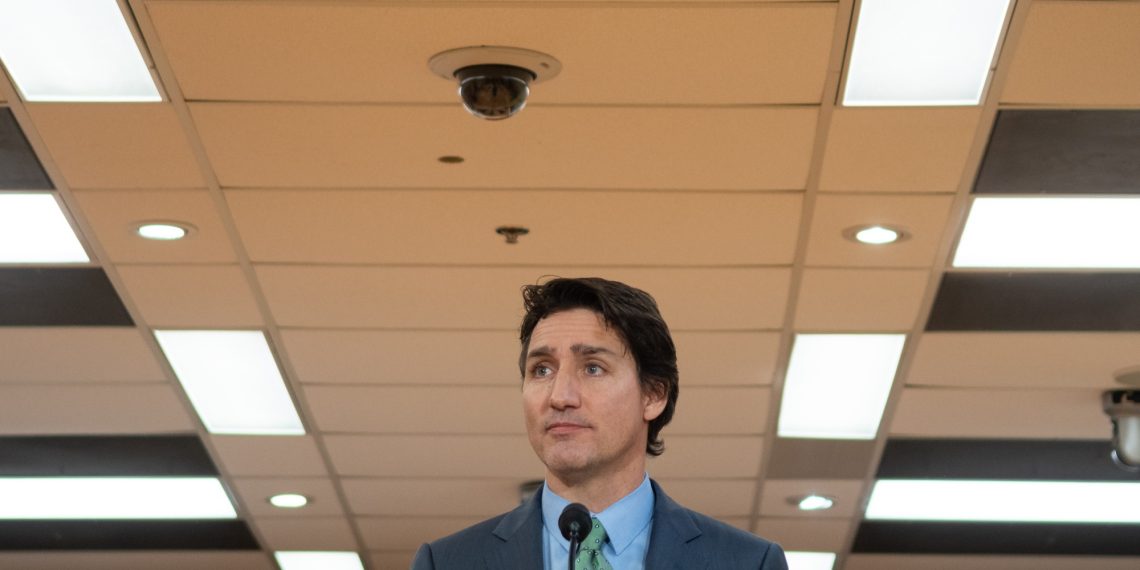Canadian Prime Minister Justin Trudeau has long championed immigration as a driver of economic growth and a solution to labor shortages. However, a significant shift in public opinion now threatens to undermine his political prospects in the upcoming election.
Trudeau’s father, Pierre, introduced immigration policies promoting “multiculturalism” in the 1970s, shaping Canada’s identity as a diverse nation. Yet, recent surges in immigration, particularly driven by international students post-pandemic, have led to public discontent. Rising rental costs and strained services like healthcare have fueled this sentiment.
Mike Moffatt, from the Place Centre, notes that past governments avoided addressing immigration concerns to dodge appearing xenophobic. However, Ekos Research polling reveals a drastic decline in support for immigration, hitting a three-decade low by the end of 2023, with housing affordability cited as a primary concern.

In October, 44.5% of Canadians expressed that there were too many immigrants, a significant increase from 14% in February 2022. With Conservative Party leader Pierre Poilievre leading in opinion polls, Trudeau faces the challenge of regaining voter trust to secure a fourth national election victory.
Immigration expert Kareem El-Assal remarks on the consequences of overestimating public tolerance for increasing immigration levels. Trudeau’s government has consistently raised immigration rates since 2015, resulting in the fastest population growth in six decades, driven primarily by immigration.





